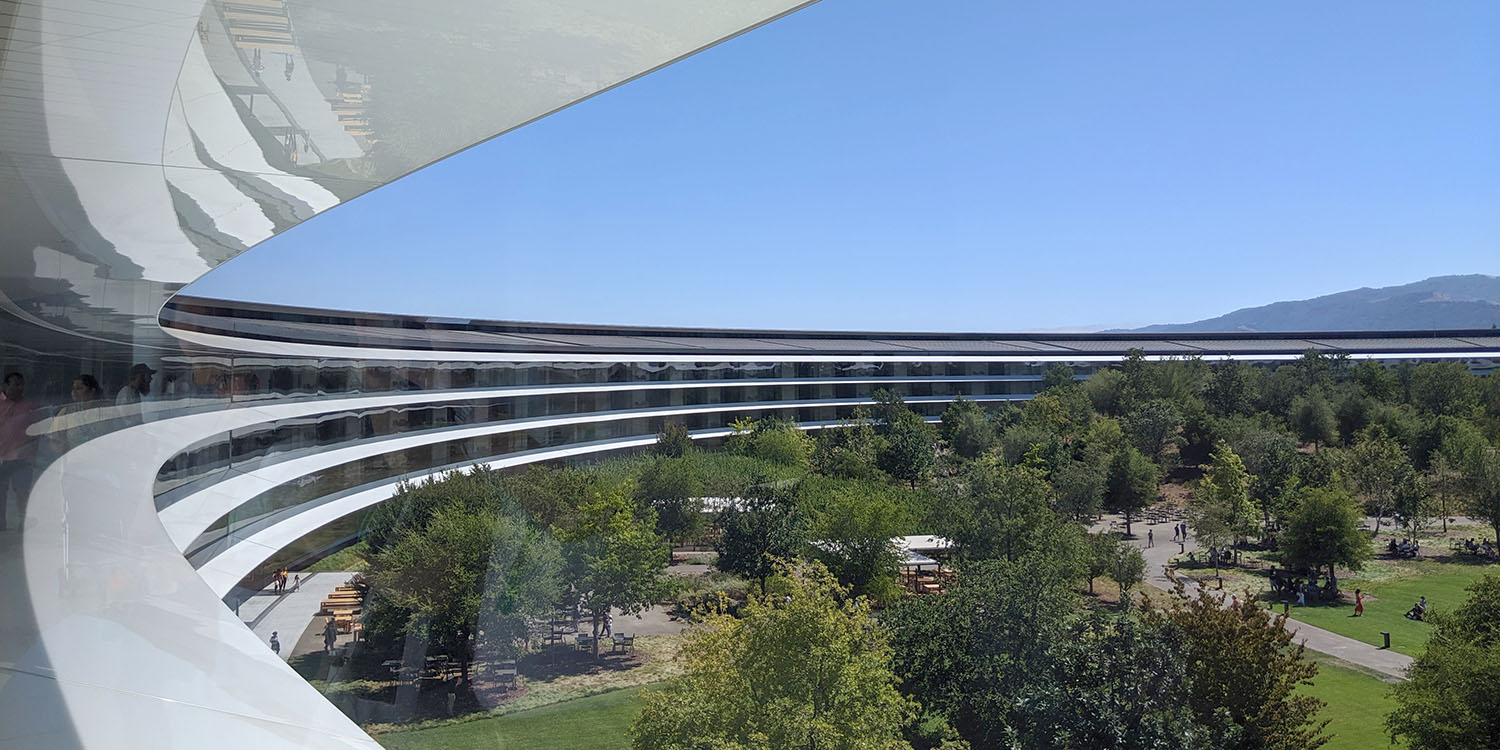
Apple is once again facing regulatory scrutiny, this time from officials in its home state of California. According to a new report from Bloomberg, state regulators in California have audited Apple’s tax agreement with its hometown of Cupertino and are planning to announce changes that could result in a 73% drop in local tax revenue for the city…
The report explains that the California Department of Tax and Fee Administration began an audit of the agreement between Apple and the City of Cupertino in 2021, and the results are expected to be announced to city council officials tomorrow. “The upshot for Cupertino is that local tax revenues are expected to fall 73% this year,” Bloomberg says.
Although Apple isn’t named in the city staff report, the company is Cupertino’s largest source of sales tax revenue. According to the audit, revenue will drop to $11.4 million in the current fiscal year from $42.1 million, and Cupertino may be required to return money to the state that it has received in previous years.
The audit focused on how Apple treats online sales. Apple’s arrangement with Cupertino is such that the company “treats all online purchases of products in the state of California as if they were made in Cupertino.” This means that, under California law, “1 percentage point” of the 7.25% sales tax is earmarked for Cupertino.
From there, the city passes 35% of its total back to Apple:
Apple treats all online purchases of products in the state of California as if they were made in Cupertino, setting aside the 1 percentage point local portion of the 7.25% state sales tax for its hometown. The arrangement applies to Apple’s online sales to consumers in the state, as well as transactions with other businesses in California, sales at its two retail stores in Cupertino, and use tax on the company’s own equipment purchases, city officials have said.
The company remits all sales tax it receives to the state tax department, which then allocates the local portion to Cupertino. The city passes on 35% of its total to Apple. Those payments to Apple have added up to $107.7 million since 1998, according to city payment records examined by Bloomberg Tax.
The final outcome of this audit remains to be seen, but Bloomberg points out that Cupertino “may have to cut staff and other spending to cover the shortfall.” Cupertino will have the option to appeal the findings once the full report is released tomorrow.
FTC: We use income earning auto affiliate links. More.



Comments